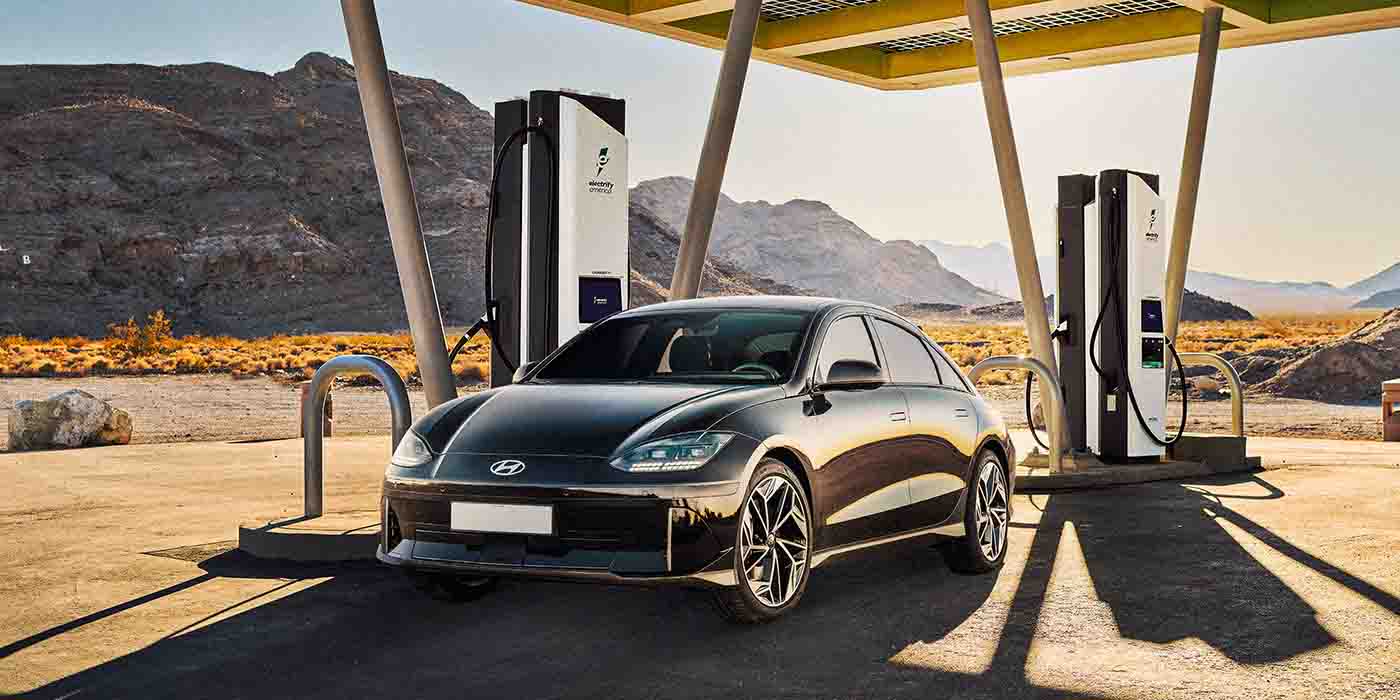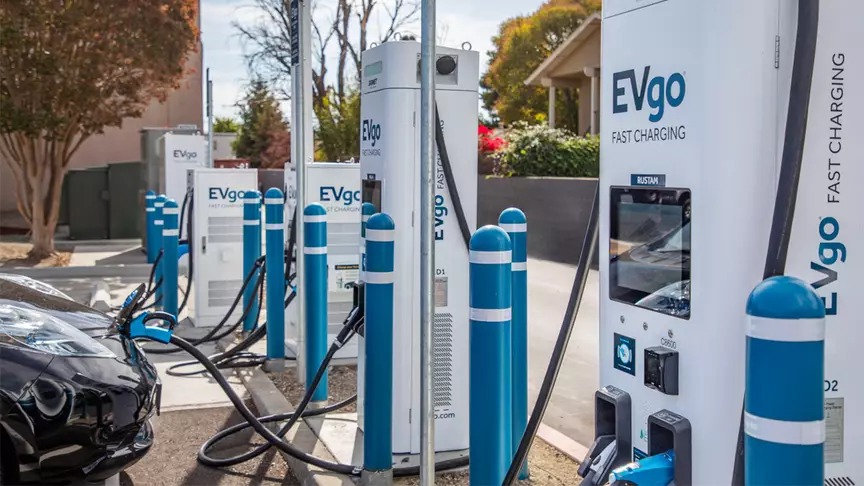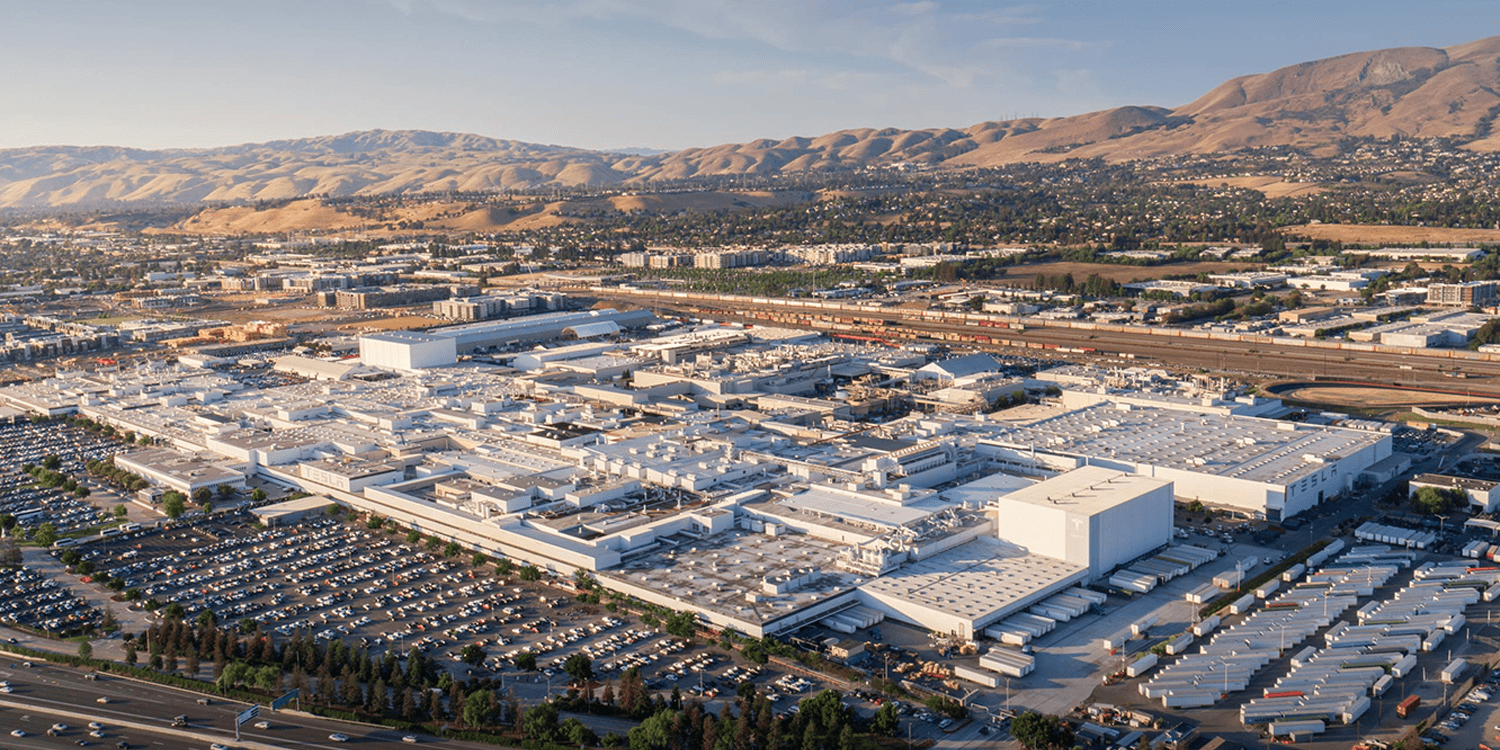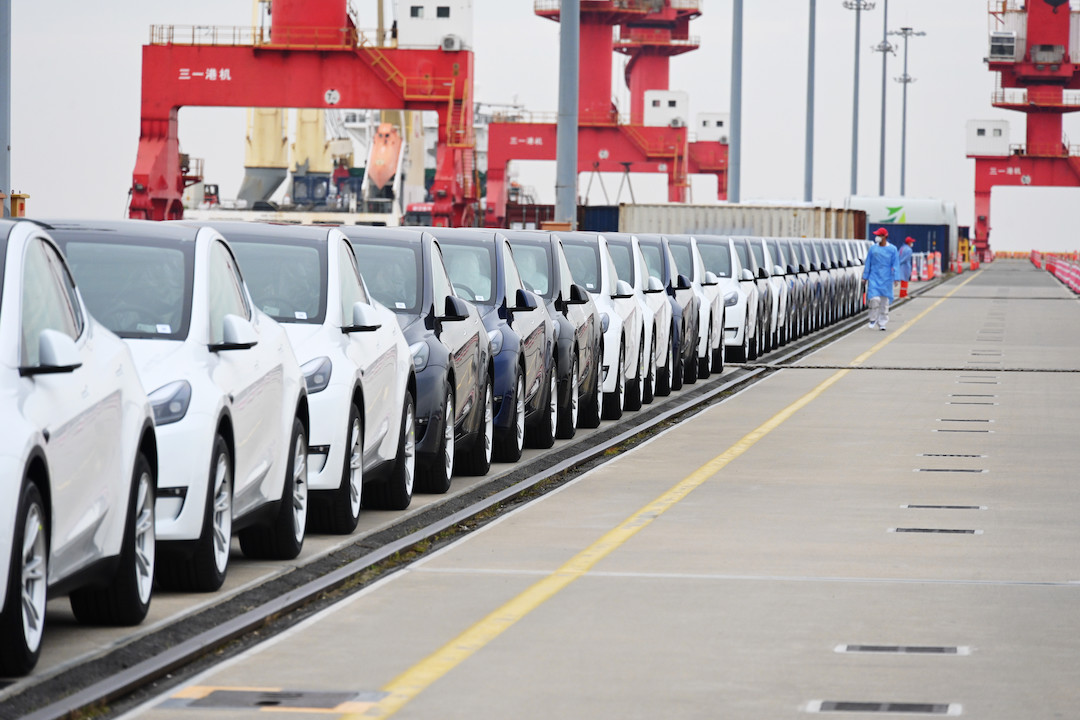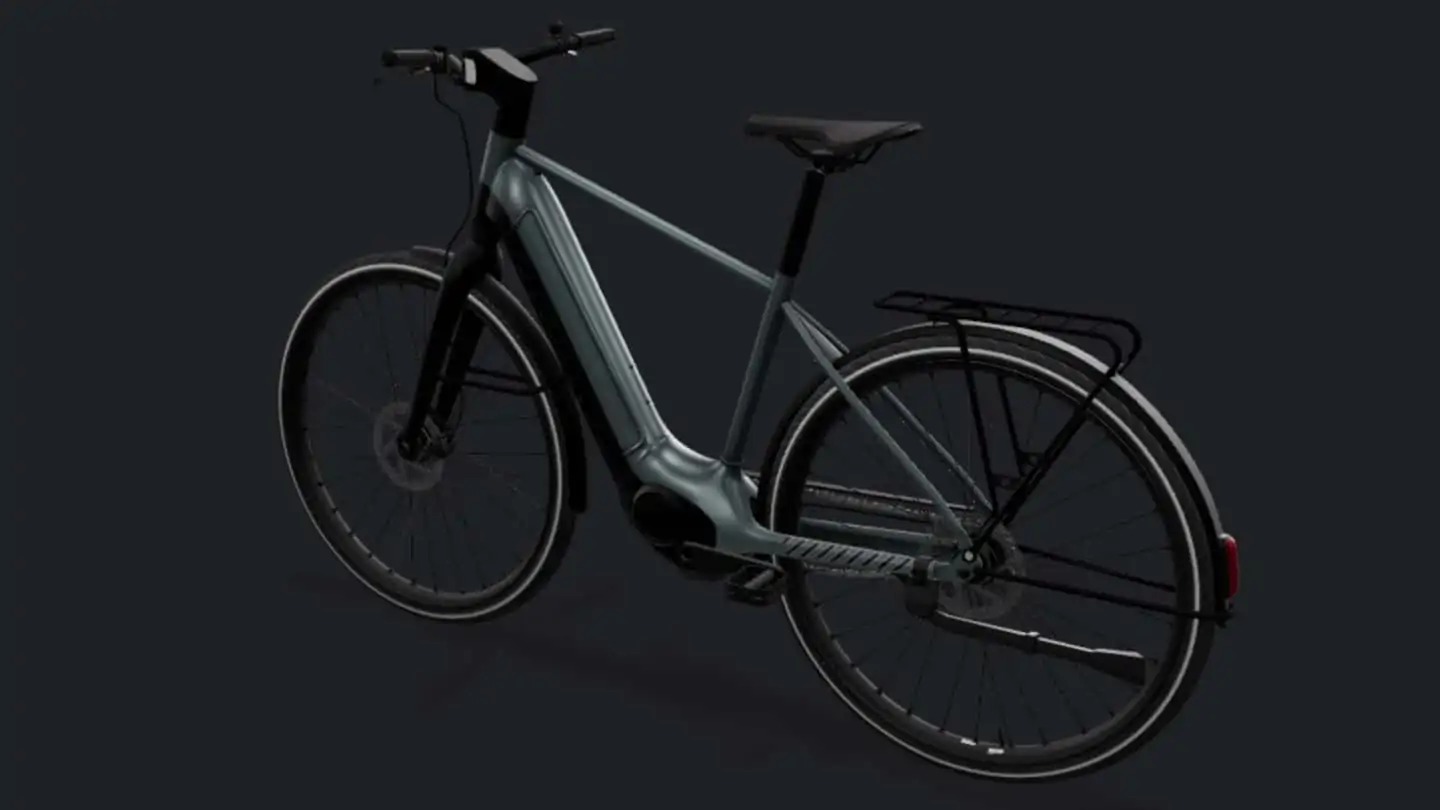In a strategic move reflecting its confidence in India’s burgeoning electric vehicle (EV) sector, South Korea’s Hyundai Motor Group is charting an ambitious course to bolster its EV lineup and charging infrastructure in the country. This development underscores the company’s commitment to tap into India’s potential as the world’s third-largest auto market.
“As the demand for electric vehicles continues to grow globally, India is becoming an increasingly important center for electric vehicle production and sales,” stated a spokesperson from Hyundai Motor Group.
As the second-largest carmaker in India by sales, Hyundai is poised to introduce five new EV models under the Hyundai and Kia brands by 2032. These offerings will complement the existing Kona and Ioniq 5 sport utility vehicles (SUVs) that are already available. Additionally, Hyundai plans to expand its network of charging stations to encompass 439 locations by 2027.
Kia, a subsidiary of Hyundai Motor Group, will play a pivotal role in this expansion strategy. It is slated to commence production of small electric vehicles from 2025. Simultaneously, the company will concentrate on developing an EV charging infrastructure while also doubling its sales network. This multifaceted approach is geared towards augmenting Kia’s domestic market share from its current 6.7% to an aspirational 10%.
“India’s EV market presents a compelling growth opportunity, and our investment and expansion plans reflect our commitment to this vibrant market,” explained the CEO of Kia India.
Hyundai’s proactive stance extends beyond product and infrastructure development. The conglomerate has committed a substantial investment of $2.45 billion towards fortifying EV production capabilities within the nation. This robust financial commitment reflects Hyundai’s optimism about the prevailing and future demand for electric vehicles in India.
“Investing in India’s EV ecosystem is aligned with our long-term vision of sustainable mobility and environmental stewardship,” remarked a senior executive at Hyundai.
Forecasts from the company anticipate a remarkable surge in EV sales, targeting the milestone of 1 million units sold by the year 2030. This projection is a significant leap from the 48,105 EVs sold in the country during the fiscal year 2023. These statistics are corroborated by data provided by a prominent industry body.
Even amidst this expansive effort by Hyundai Motor Group, notable competition looms on the horizon. Tesla, the brainchild of entrepreneur Elon Musk, is poised to enter the Indian market with locally manufactured EVs, commencing at a price point of $24,000. This entry adds a layer of intrigue to the evolving landscape of India’s electric vehicle sector.
As Hyundai Motor Group embarks on this ambitious journey, its comprehensive strategy spanning new EV models, charging infrastructure expansion, and significant investment underscores the growing importance of India as a pivotal player in the global electric vehicle market.

